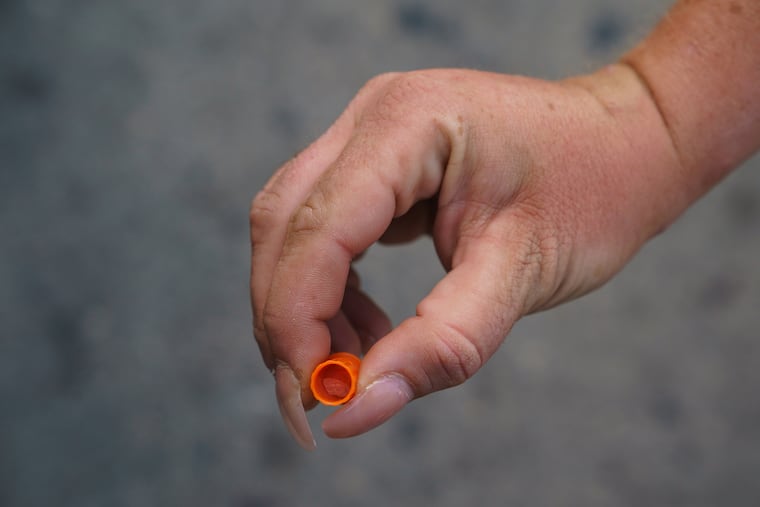A primer on meth, the drug involved in an increasing number of overdoses in Pa. and N.J.
Methamphetamine is a stimulant, a kind of drug that increases the activity of the central nervous system.

Overdoses involving methamphetamine are rising nationally, according to an analysis from the Pew Charitable Trusts — with New Jersey seeing the nation’s greatest increase in its meth-related overdose death rate, which increased sevenfold between 2015 and 2019. Pennsylvania is also seeing large spikes.
Here is a primer on meth and why experts believe it is turning up in more overdose deaths:
What is methamphetamine?
Methamphetamine is a stimulant, a kind of drug that increases the activity of the central nervous system. Cocaine is another illicit drug in this category. (Other stimulants are prescribed and used legally, such as drugs for attention deficit hyperactivity disorder sold under the brand names Adderall and Ritalin.)
What are the effects of meth?
Stimulants, when taken recreationally, generally produce an energizing, active high, and can also increase blood pressure and the heartbeat. By contrast, a depressant like an opioid painkiller, heroin, or fentanyl depresses the central nervous system, relaxes the body, and decreases pain.
While opioids kill by repressing breathing, overdosing on stimulants like meth can result in cascading psychological and physical symptoms, such as intense paranoia or a racing heartbeat. Those cardiovascular symptoms can be fatal, especially if the person already had other health conditions.
Why is meth present in more overdose deaths lately?
Many methamphetamine-involved overdose deaths also involve fentanyl, the powerful synthetic opioid that’s replaced most of the heroin in the Philadelphia region and is currently responsible for the vast majority of overdose deaths here.
Pennsylvania health officials believe that the use of multiple drugs at the same time, intentionally or not, is likely driving a rise in overdose deaths among cocaine and meth users. They have received reports of people overdosing on meth and fentanyl without realizing they were consuming fentanyl.
In Philadelphia, the meth being offered in drug markets is pure, with almost no additives.
Still, in 2020, 568 people died due to overdoses involving both a stimulant and an opioid in Philadelphia. City health department staffers believe people may be intentionally combining meth and fentanyl, possibly to stay awake for an enhanced feeling of safety while using opioids.